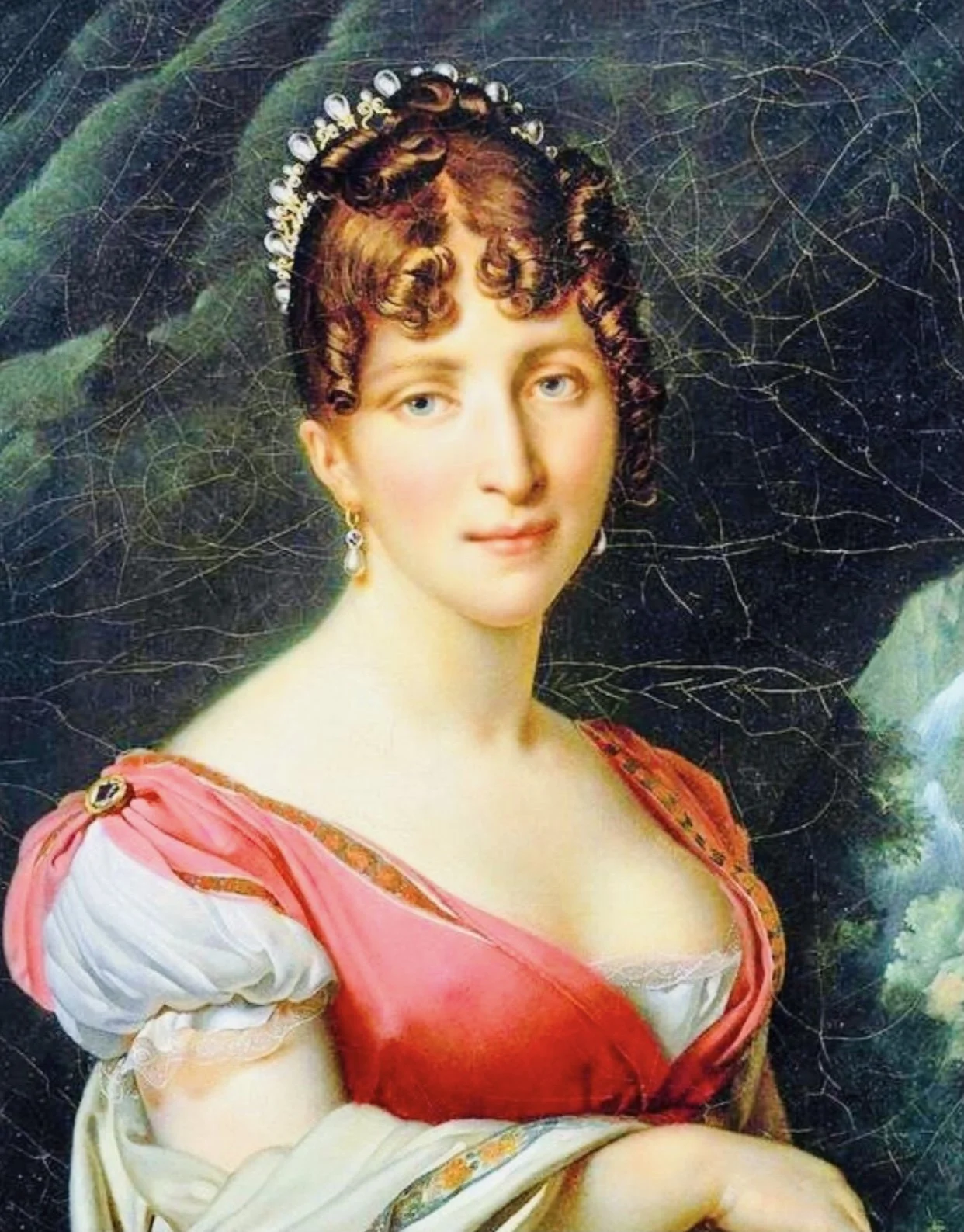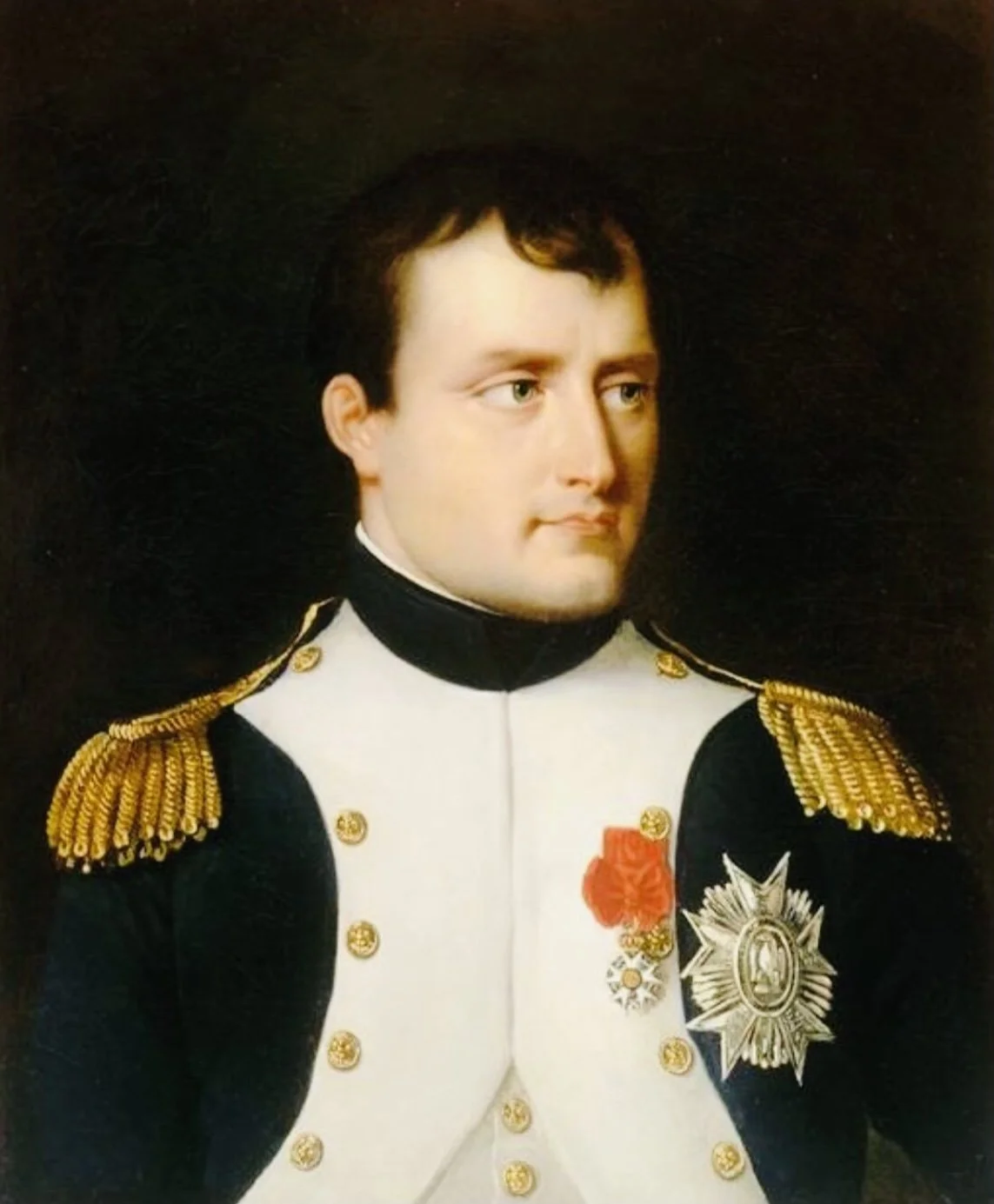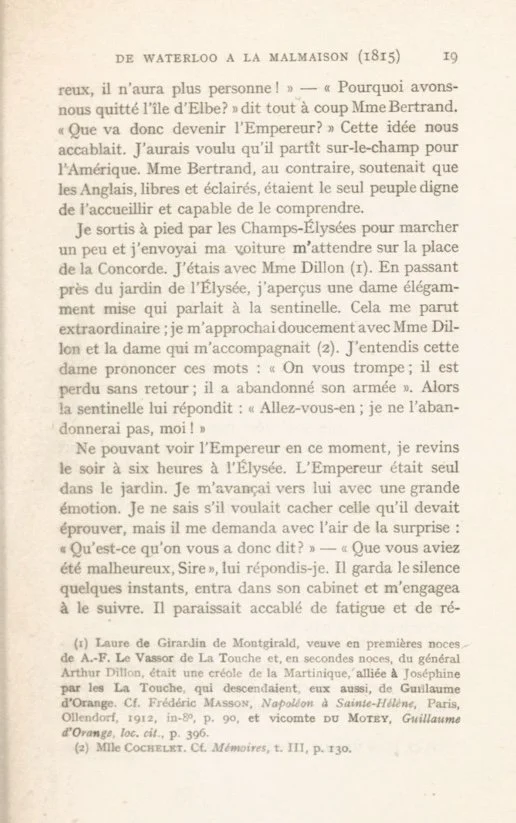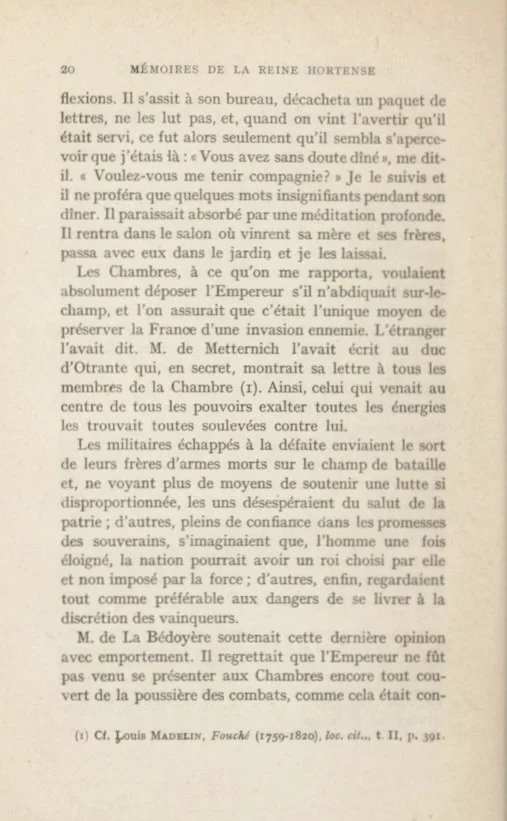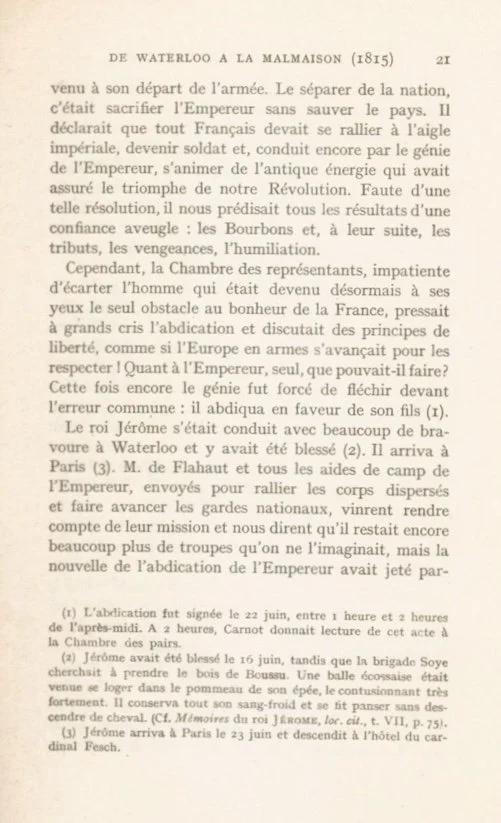Let’s have another look at Hortense’s Memoirs. If you want to read the book it is available for free at the side bar in English and French. Use the widget on the sidebar to translate the text below into pretty much any language.
The enemies of a nation rule in their own favor once they manage to assume authority of a nation. That’s why it is so important for us to choose our own leaders and to not have them imposed on us by a shadowy force with NO ACCOUNTABILITY whatsoever. The story of Napoleon shows how this force operates and how to identify their various strategies.
Hortense’s memoirs continues:
I went out on foot along the Champs Elysées and I sent my carriage to wait for me on the Place de la Concorde. I had Madame Dillon with me. As we passed the gardens of the Elysée I saw a well-dressed woman talking to the sentry on duty.
This seemed to me unusual. I approached quietly, accompanied by Madame Dillon and another lady who was in attendance. I heard the woman say, "You are being deceived. He is lost beyond hope of recovery. He has abandoned his army."
To this the sentinel replied, "Go away. I will never desert him." Not being able to see the Emperor just then I returned at six o'clock to the Elysée. He was alone in the garden. Deeply moved, I advanced to greet him. I cannot tell whether he wished to conceal his own emotion, but he assumed an air of surprise as he inquired,
“What is the matter? What have people been telling you?"
“That you have met with misfortune, Sire," I replied. He was silent for several moments, then turned and entered his study, motioning me to follow him. He appeared exhausted from moral and physical fatigue.
Sitting at his desk he unsealed a package of letters, but did not read them, and it was not until dinner was announced that he seemed aware of my presence.
“You have doubtless already dined," he said. "Will you come and keep me company?" I followed him.
During dinner he made only some insignificant remarks. He seemed sunk in a profound reverie. He returned to the drawing-room, where his brothers and mother joined him, went with them into the garden, and I left the palace. The Senate and Chamber, so I was told, were determined to depose the Emperor unless he abdicated immediately, and he was informed that this was the only means by which he could save France from a foreign invasion. The Powers had said so.
Monsieur de Metternich also wrote this to the Duc d'Otrante who, secretly, showed the letter to all the members of the Senate and Chamber. Thus, the man who turned to the spot where all the national forces centered in the hope of arousing the energy of the nation found everyone against him.
Those officers who had escaped after the defeat envied the fate of their brothers-in-arms lying dead on the field of battle. Not believing it possible to sustain such an unequal struggle, some despaired completely of their country's cause; others, placing their trust in the promises of the foreign powers, thought that, once the Emperor was sent away, the nation would be allowed to choose its ruler and not have one imposed by force. Still others were of the opinion that anything was better than to place themselves and their country at the mercy of the foe.
Monsieur de La Bedoyère was one of those who held absolutely to the last point of view. He regretted that the Emperor had not presented himself before the legislative bodies covered with the dust of conflict, as had been agreed when he left the army.
To separate the Emperor's fate from that of the country was to sacrifice the former without saving the latter. Monsieur de La Bedoyère declared that every Frenchman should rally to the defense of the imperial eagles, should enlist at once and, inspired by the Emperor's military genius, rise to those heights of heroism which had assured the triumph of our Revolution.
He predicted that if any other course were pursued the result of our blind confidence would be a series of calamities: the Bourbons first, and in their train, tribute money, personal revenge and national humiliation.
The original French is available below:

